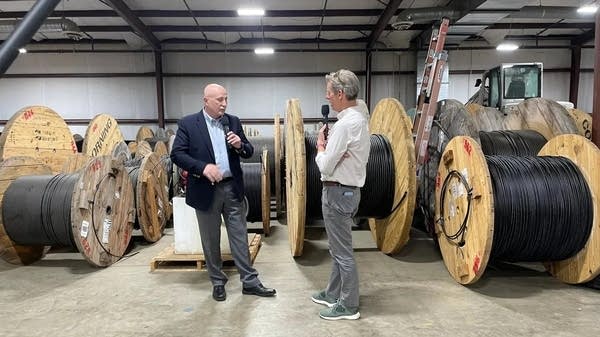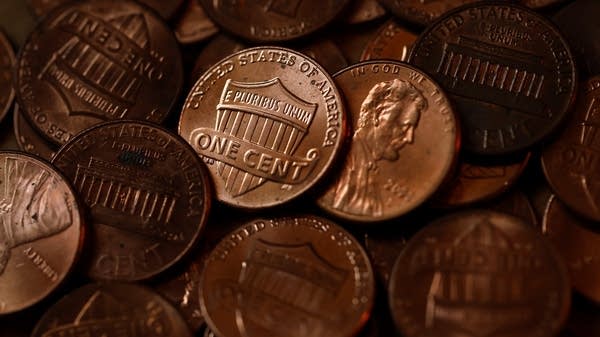The question looming over trade talks: What does the U.S. want from China?
President Donald Trump has said he wants a “fair trade deal,” but the pressure created by sky-high tariffs might limit what can be accomplished at talks this week.

The U.S. and China are going to talk.
Treasury Secretary Scott Bessent and U.S. Trade Representative Ambassador Jamieson Greer will be meeting with Chinese Vice Premier He Lifeng and other officials in Geneva. Secretary Bessent said the primary goal was to “de-escalate.”
The U.S. has backed itself and China into a corner leading up to these talks.
“The level of tariffs we have right now are having real effects,” said Daniel Rosen, a partner at Rhodium Group.
“That’s going to show up as empty shelves, higher prices and that translates into political annoyance, to put it mildly,” said Rosen. “On the Chinese side, this state of trade disruption is already leading to layoffs, to employment problems.”
So out of all the thorny issues between the U.S. and China, from intellectual property theft to industrial policy, just walking back the tariffs on one another is going to be the top priority, said Yasheng Huang, professor of economics at Massachusetts Institute of Technology’s Sloan School.
“You don’t think about these long-term structural issues when your focus is on these short-term problems,” said Huang.
If history is a guide, anything substantial will take time.
“If you look at the first round of negotiations between the U.S. and China back in 2018, it took almost two years to reach the first-round deal,” said Huang.
That deal had China promising to buy a lot more U.S. goods — which it didn’t end up doing — and the final agreement ended up skirting the most difficult issues. President Trump often complains about the U.S. trade deficit with China, but beyond that?
“It's unclear what the Trump administration's bottom line is. What do they really want from China? And, secondly, what are they prepared to give?” said Scott Kennedy, a senior advisor at the Center for Strategic and International Studies.
Despite the uncertainty, Kennedy believes these talks have potential to find common ground on difficult issues in the very long term.
“I think [these] are going to eventually be the most consequential trade negotiations that the world has seen in several decades,” said Kennedy.
Others are less optimistic. Jay Shambaugh is a professor of economics at George Washington University and former undersecretary of international affairs for the Biden administration.
”It's more likely to be, frankly, a bit of a cosmetic deal that involves some purchase agreements that gives the U.S. the ability to say we got something and then stand down,” said Shambaugh.
Anything more is going to take longer than a week.













